Friends, readers, Chinese email harvesting bots and random DDoS attackers, welcome. I am about to introduce you to the one thing.. no.. the biggest thing that bothers me about business and those that fail at it. They go hand in hand: the ying and the yang of misfortune: the dream and the inability to escape the dream to face reality are both the greatest and the worst thing about the entrepreneurial spirit.
And since I love you, I will make this quick.
The __ secret: The __ rule: The _ things that ___ successful people ___
Fill in the blank as you wish, any random thing will do. Slap on a nice cover jacket and you’ve got the new groundbreaking pile of shit insight for disaffected, overworked, undermotivated business people to buy and daydream about the world in which they are just one little tiny break / secret / rule / policy / thing short of making it big.
Sorry.. This is gonna hurt. There is no Easter bunny.
There is also no “one” thing that is going to drastically change your business success..
There are no “secrets” of silicon valley, of who gets the corner office, of where the cheese is, of Rockefeller, rich dad, poor dad, deadbeat dad or Who is yo daddy.
And finally – no – there is no shortcut. Or blue ocean.
What there is..
Insecurity. I need this book / show / event / marketing toolkit / software / hardware / partner program / seminar / consulting engagement / SWOT assessment / <insert anything designed to take your money>
Inadequacy. It seems Bob over there is doing better than I am, making more than me, getting better hours, getting more time with the boss, driving a nicer car, more exotic vacation, better school, nicer boat.
Exhaustion. I’m busy, I’m swamped, never mind how much better off I am than I used to be, I am still not where I want to be which is a place on the beach with an exotic drink and a gay little umbrella with a pineapple and cherry base.
What do insecurity, inadequacy and exhaustion combine for? Well.. books like the ones above and the endless stream of infomercials after midnight. And we all know they are frauds but we need something to believe in, we need that shortcut, we need that delusional lie that keeps us going.
Please.. folks. Stop wasting your money and lying to yourself. You are good enough, you have everything you need. Stop the irrational dreams, unrealistic expectations and delusions that you’re in the dark.
Ever listen to the most skilled athletes talk? The most successful businesses people? They aren’t talking about the secrets or loopholes or cheats.. they always talk about the fundamentals. The hard work. The long hours. The sacrifice. The commitment. The obsessive compulsion with being the best. But fuck that, right? Who has the time for that?
There are no shortcuts. We want one though. We want someone else to do the hard work while we sit back. You may as well be wishing for the lottery numbers, the odds are about the same. You can’t drop out of high school or college, move to Silicon Valley and become a billionaire overnight (you can count them on your hands) but for every Bill Gates and Mark Zuckerberg there are millions of folks who did the same thing and are currently washing their cars or working in their Starbucks.
Stay the course. Work hard.
I know. It’s unfair. You have to earn the money and then the government takes a bunch of it away and other companies try to take the rest and you just keep on working and working and working and making more money and (please stop me when your tears fill up your Lexus and drown you). There is no shame in hard work.
Why? Why say this at all?
I recently talked to a bunch of people who all asked me those questions.
Vlad, you would do much better if you just shut the hell up. You’d do much better if you didn’t blog.
True. Then again, if your partnership with ExchangeDefender hinges on whether or not you’re offended by words and ideas, I probably don’t want to build my business on top of you.
And trust me, I have toyed with the idea of doing what just about all the other CEOs do: hide in the executive office, never go to a trade show, never say what is on my mind on the oft chance that it may offend a partner/client, never even be seen in public making any kind of statement on Facebook or Twitter.
Every time I start to fantasize about being a fake little shill of a man this.. conscience.. thing.. gets in a way of me just playing people for their money. I did not make all this money and success by myself and I owe it to my partners (whether they like me or not) and my industry to improve it.
Only way that gets done is when we all collectively stand up and say: no more bullshit. Because for every person that talks about the fundamentals and core business and long hours and hard work.. there are dozen other bullshit masters that are out there holding their hand half way down your pocket squeezing your wallet for some more services that will change your business.
The secret
You want a secret? Here is one that I am giving you for free: No book, seminar, class, lecture, SWOT, workshop, webinar, service, consulting, mentoring, optimization, X thing you’re expected to pay for… will make as much difference in your business than putting in a few extra hours each week.
One more thing. On the case of the fundamentals, I will hook you up with a free show / webinar / workshop / training / mentoring / webinar / consulting / lecture – be my guest. Absolutely free. No ExchangeDefender / Shockey Monkey spam. Come alone or bring the whole company. Register here.
And for the love of god, stop spending your hard earned money on unrealistic dreams in which you work less to get more: it’s a fantasy.
And since this is Vladville, here is your Vladism for the subject: If you really want to buy a book that is designed to fuck you out of your money at least get one that guarantees a fun outcome:
There you go, Bargain Bin $5 too.
Who loves ya?








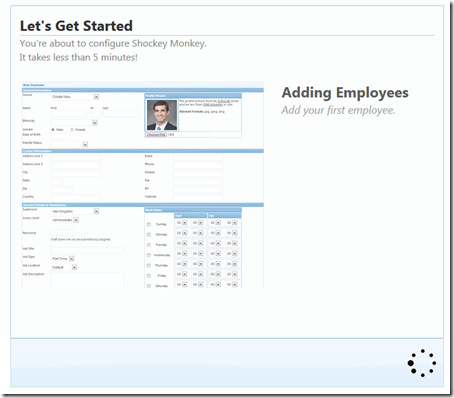

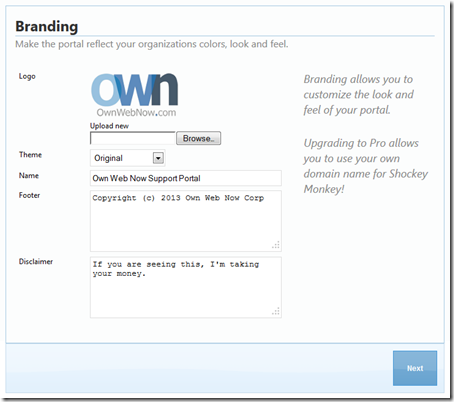
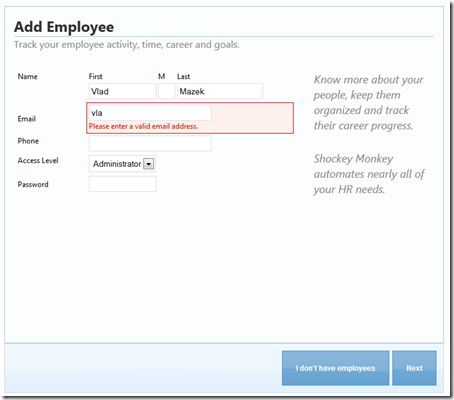

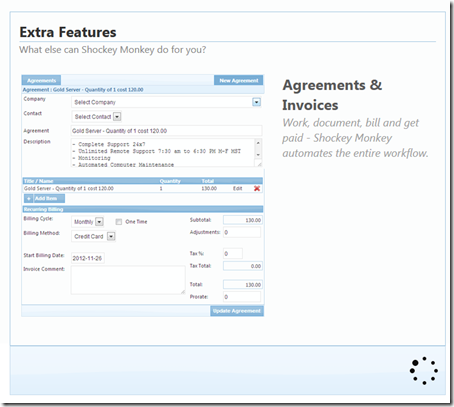


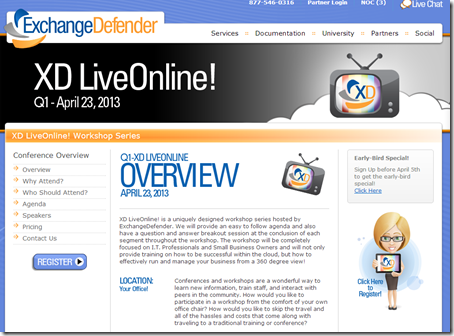



 For the less coherent, more grammatically correct realtime insight, follow me on Twitter at
For the less coherent, more grammatically correct realtime insight, follow me on Twitter at